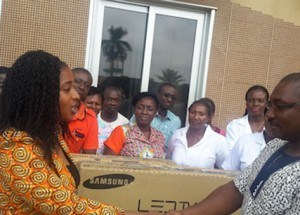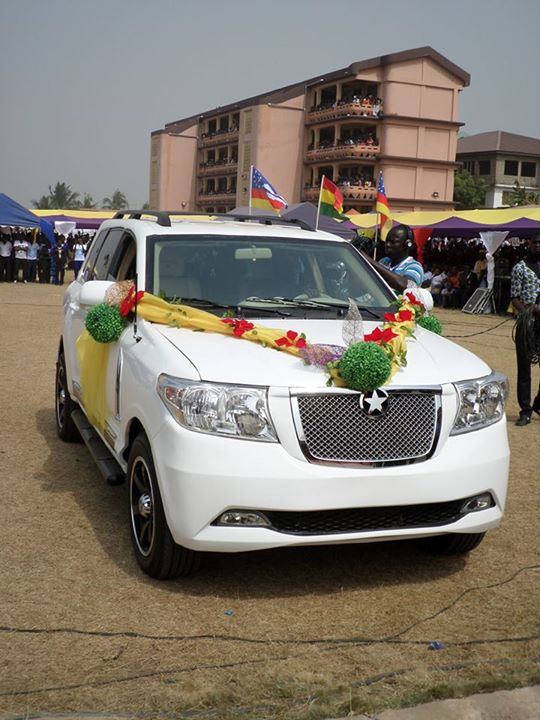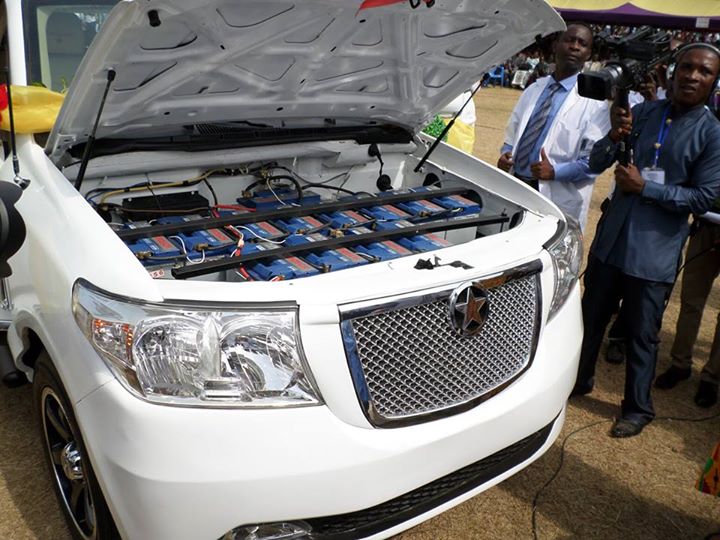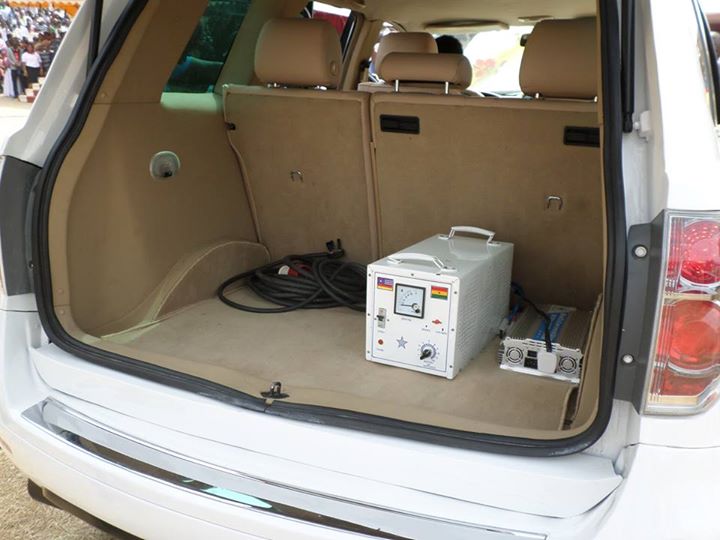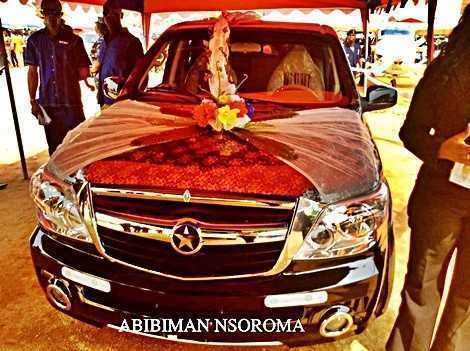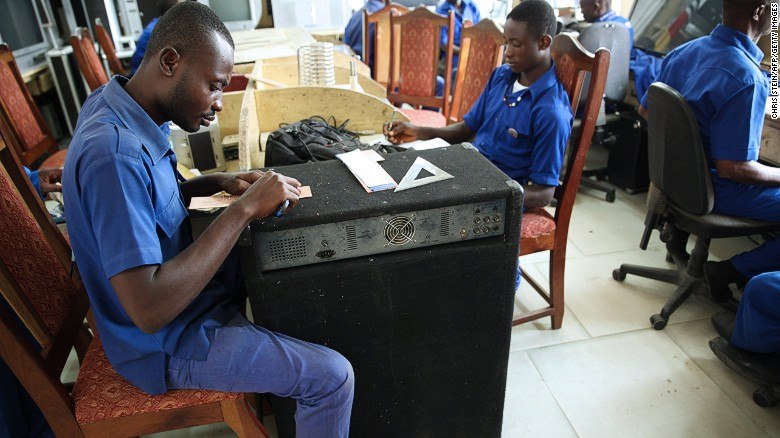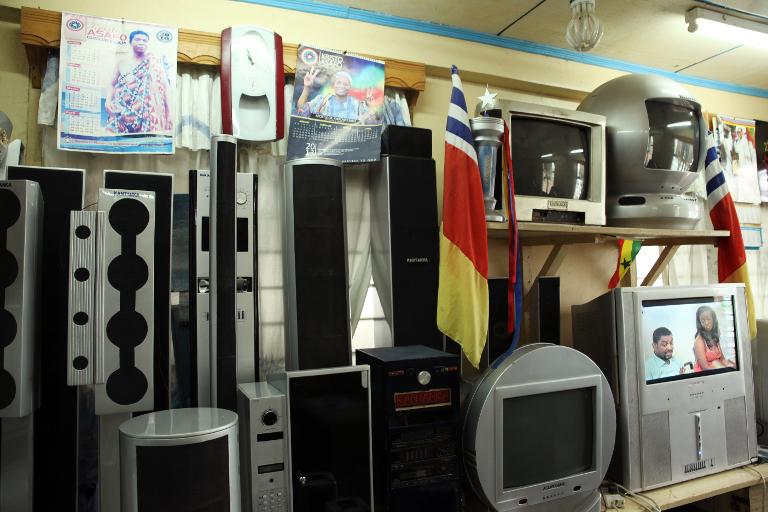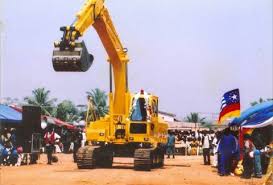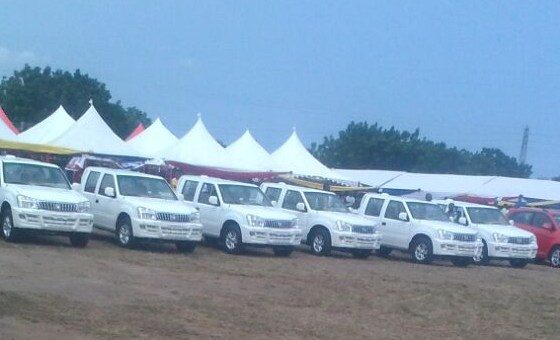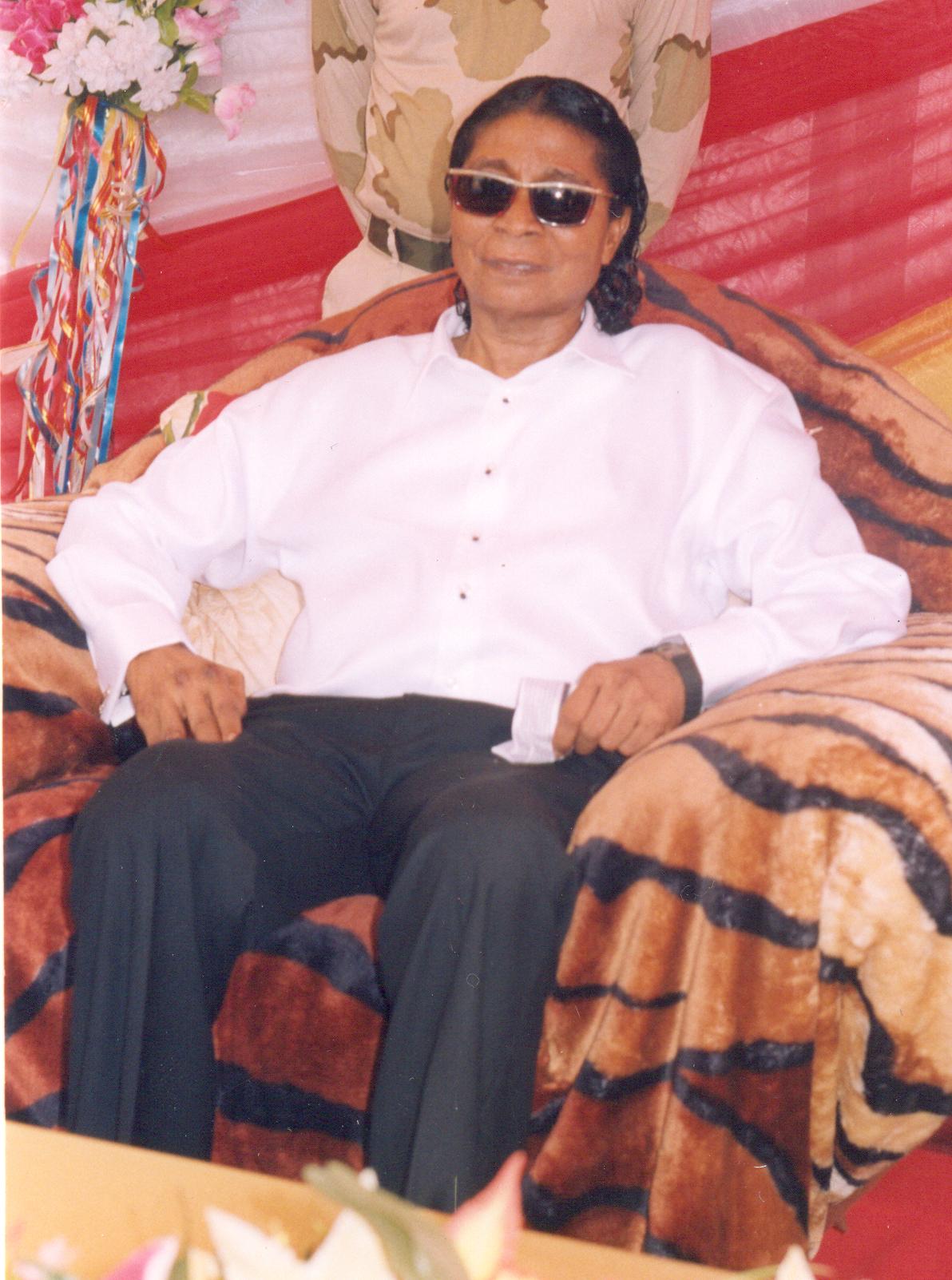Safo Jnr said they will ensure there is no risk in test-flying the chopper and explained how the engineless car will work. "The no-engine vehicle does not rely on a combustion engine to move, but an electric motor powered by rechargeable batteries," Safo Jnr told Al Jazeera.
The batteries can be recharged with solar energy or electricity. As you drive the car on the road, it converts the energy which powers the car. "We do everything here. For the engineless car it is only the lights and the tyres that were bought. Everything else from moulding (parts), among others, was doe by our local people".
A peacock bade us goodbye from that section, then three zebra smiled at us as we drove on an untatted road towards the colossal buildings on the outskirts. They are four i all, neatly painted and look abandoned when viewed from distance.
The structures serve as the assembling plants for the yet-to-be unveiled Kantanka range of commercial vehicles (SUVs) and pickup trucks. Although some car parts are imported, assembling the more than 1,500 pieces for a car and spraying are done by about 20 young men between the ages of 16-25.
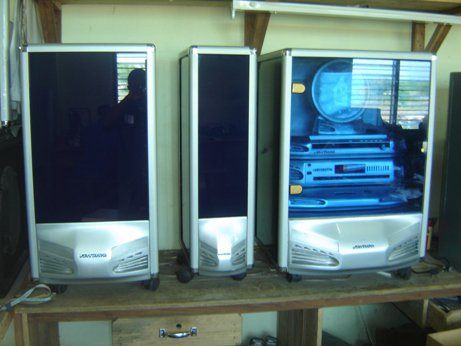
Six to 10 cars can be assembled and be ready for the road in a day. Four had been completed and tested by the time Al Jazeera visited. It is hard to tell they were actually assembled in Ghana, save for Kantanka crown and inscription at the back.
Market Plans
"we are hoping to increase the number to 12 or 15 daily when we go commercial soon", Safo Jnr said. We have delayed... going commercial because Africans and Ghanaians in general have the perception that once it is from Ghana, is not good-durability is not assured, safety is not guaranteed. So we have decided to use the products ourselves and make sure they are good to go and standardised before we hit the market.
"I was in Brazil about six months ago and I was in tears. The whole Rio de Janeiro was packed with Marcopolo buses...and these are buses that were assembled and made in Brazil". They patronize it.
"In India they encourage made-in-India vehicles - like Mahindra - and that's my dream to one day see Kantanka cars on the streets of Accra, Kumasi and all over. I will be fulfilled", a visibly euphoric Safo Jnr pointed out in his office fitted with a locally made air-conditioner that is switched on and off by slotting in a card.The card in the air-conditioner, explained Safo Jnr, works like one used in an ATM. It is programmed to start the air-conditioner, regulate the temperature and can tell the time when the unit should be turned off. It is multi-functional, He said.
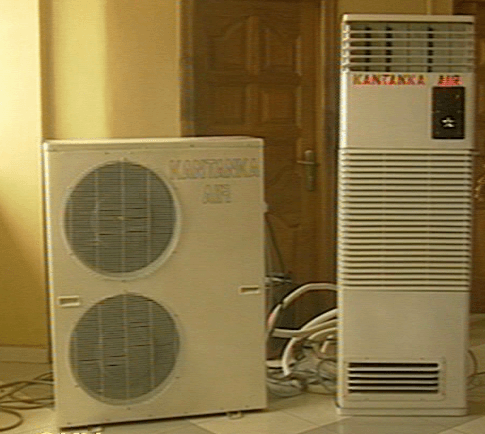
Difficult questions
Why hugely ambitious and a potential source of pride a country that is only known for its gold, cocoa and lately oil, the Kantanka project still raises major questions. Who for example, will buy SUV in a country where the average income is $1400.00 and where just about everyone drives a used car? Do the carmakers performed crash tests, and will they meet the high standard of cars made in Europe and Asia?
"We will be doing that in the course of our manufacturing process", said Safo Jnr, referring to crash tests. The cars will be "affordable" and middle-income earners will be able to buy them. "We know the market and we can assure you that Africans will be able to buy our cars", he said.
I some countries projects such as this attract financial assistance from the government. But Ghana governments upon governments seem to have ignored the "Star of Africa", as Apostle Dr Kwadwo Safo is called by the people of Ghana.
Not even his self-made Limousine dubbed "Obrempong", the speaking change-over machine, or a range of flat-screen television sets made with wood covers that respond to a simple clap to come alive, increase or reduce volumes have fascinated the government enough to support one of their own.

Determined to success
The Safo family is undaunted though. "Most of the promises they have made, they say they are in the pipelines, I'm sure African pipilines are very choked so the water is not flowing. Not even the corporate world ha shown concern...We are still hoping", Said Safo.
"We have had several offers from Asia and Europe, but we turn them down because we just want to stay in Africa and make sure whatever we are doing here we'll be able to archieve our dreams.
The US-trained young pilot is optimistic about the future. For him, it is a matter of trust and belief in the Africans. The whites believed in themselves and got to where they are now.They are no different from us. We all stayed in our mothers' womb for nine months... If you cut a white and a black man you get blood. The only differences are our names and colours.
"So we should believe in ourselves. We must reduce the talking and put in work".
Source: Al Jazeera Africa


